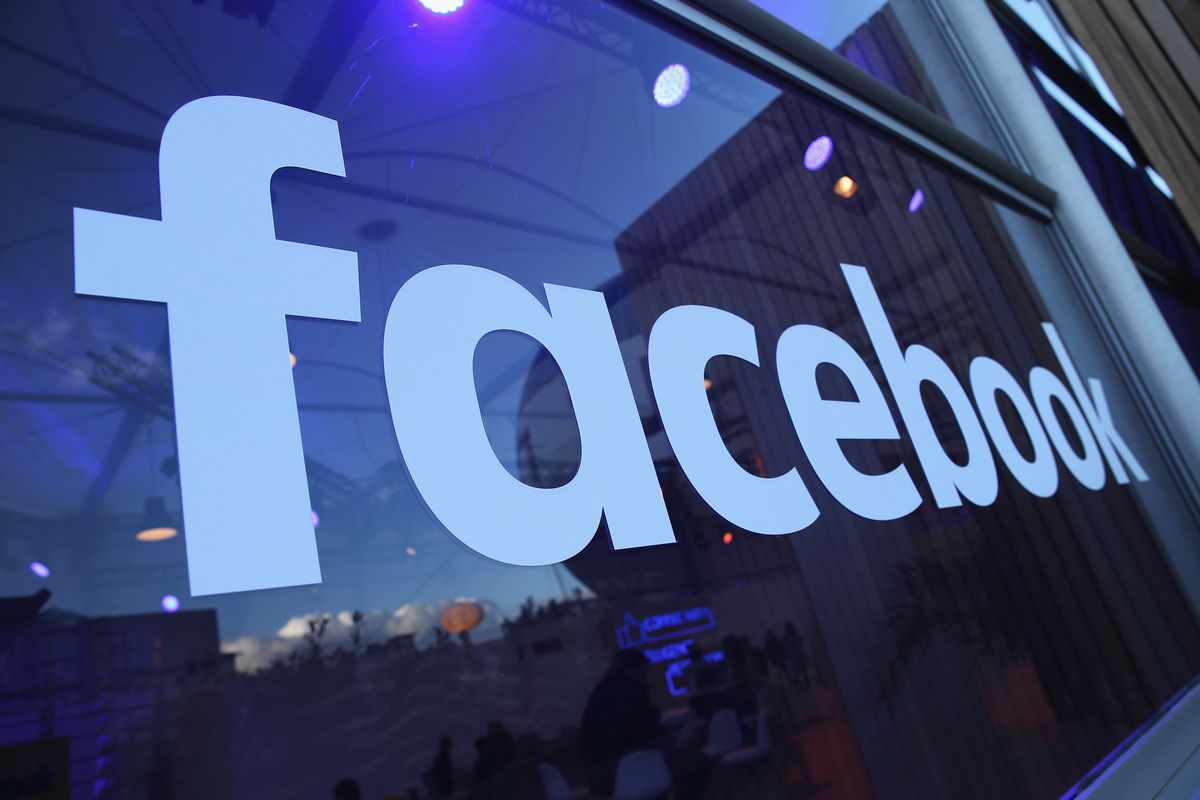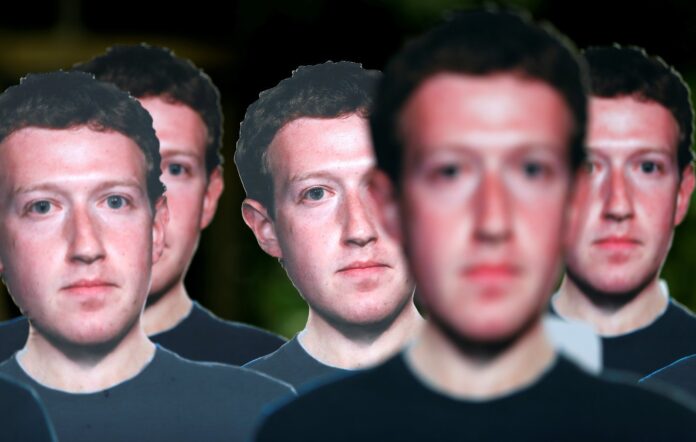Contrary to Facebook’s claim that it cut off most developers’ access to its user data back in 2015, a new report by the Wall Street Journal has stated that Facebook still maintained secret deals with a select few companies, allowing them to gain “special access to user records.” The report cited numerous court documents it did not publish and other unnamed sources.

These deals, known as “whitelists,” reportedly allowed some companies to gain access to supplementary information about a user’s Facebook friends, including their phone numbers as well as a metric that gauges user’s “closeness” to their online contacts. Many companies, including Nissan Motor Company and the Royal Bank of Canada, apparently maintained such shady deals.
Facebook’s vice president of product partnerships, Ime Archibong, told the Wall Steet Journal that the social media giant had allowed some companies to garner “short-term extensions” to its user data. “But other than that, things were shut down,” he further added.
The new report comes fresh on the heels of a recent revelation that a “bug” made private posts of 14 million users public, as well as, another disclosure pertaining to Facebook’s data sharing agreement with around 60 device makers which included the likes of Apple, and Samsung.
Earlier this week, Facebook had revealed to The New York Times, and The Washington Post, that it had data-sharing agreements in place with several Chinese tech companies as well including Huawei, Lenovo, TCL, and Oppo.
Huawei, in particular, has been on the radar of the US government, which has claimed that its devices could be used for spying on American citizens.

Meanwhile, Facebook claims that it only provided added access to third-party companies for the purpose of enhancing user experiences, testing new features and winding up ongoing feature tests.
“For the most part this is a rehash of last weekend’s New York Times story — namely that we built a set of device integrated APIs used by around 60 companies to create Facebook-like experiences,” said Archibong in a statement.
A spate of fresh disclosures about its dubious user data sharing practices has set the alarm bells ringing for Facebook. Since April 25, Facebook has gone on a marketing blitzkrieg in an attempt to rehabilitate its public image. It has already run a national marketing campaign, including television spots that aired during the NBA Finals in an attempt to improve the company’s image and its “commitment to doing better.”
SEE ALSO: Facebook & Google hit with $8.8 Billion in GDPR lawsuits on day one

